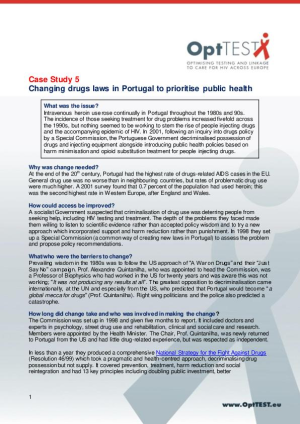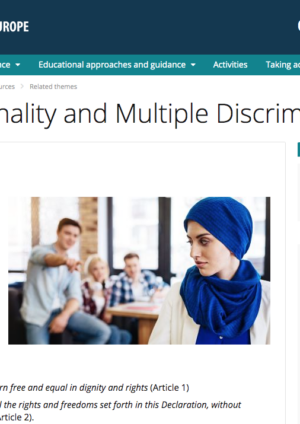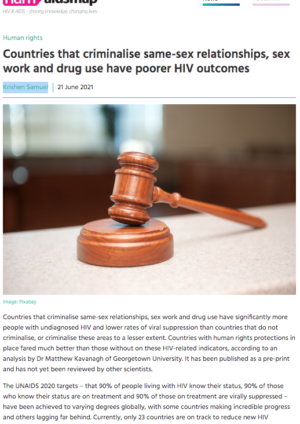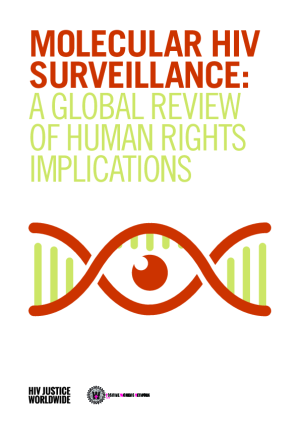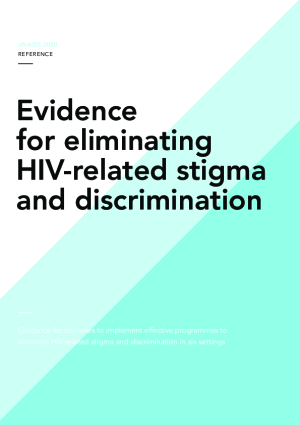OptTest case study 5: Changing drugs laws in Portugal to prioritise public health
Presents the challenges followed by Portugal to address the increase in drug consumption throughout the 1980s and 90s. Explains the decriminalization and harm reduction strategy, along with lessons learnt.
Intersectionality and Multiple Discrimination
The concept of multiple discrimination recognises that discrimination can occur on the basis of more than one perceived characteristic. For example, a person who is discriminated on the grounds of their ethnicity may be also discrimination on the grounds of gender, sexual orientation, age, and so on. Such discrimination can, and often does, create cumulative disadvantage.
Countries that criminalise same-sex relationships, sex work and drug use have poorer HIV outcomes
Countries that criminalise same-sex relationships, sex work and drug use have significantly more people with undiagnosed HIV and lower rates of viral suppression than countries that do not criminalise, or criminalise these areas to a lesser extent. Countries with human rights protections in place fared much better than those without on these HIV-related indicators, according to an analysis by Dr Matthew Kavanagh of Georgetown University.
Molecular HIV Surveillance: A global review of human rights implications
Provides a detailed explanation of what MHS is and how it is used across the globe, including how the technology works, where it is being conducted, and by whom. The paper describes growing human rights concerns relating to the use of this technology and goes on to list a number of recommendations for the use of MHS which were gathered from an international literature review and from members of an Expert Advisory Group.
IAS 2021 Conference on HIV Science Symposium | HIV Is Not A Crime
The symposium panel, moderated by a campaign champion, explored the impact of HIV criminalisation on the most affected communities.
Law, Criminalisation and HIV in the World: Have countries that criminalise achieved more or less successful AIDS pandemic response?
At the end of the 5-year strategy in which countries around the world focused their AIDS response on reaching people living with HIV with testing and treatment services, this article provides an ecological analysis of whether those countries with criminalising legal environments achieved more or less success. It found that countries that have adopted a criminalising approach to key populations saw less success than those that chose not to criminalise. This analysis suggests a new global AIDS strategy that includes a focus on law reform may hold promise in achieving goals that were missed in 2020.
Evidence for eliminating HIV-related stigma and discrimination – Guidance for countries to implement effective programmes to eliminate HIV-related stigma and discrimination in six settings
This report reviews the latest evidence on what works to reduce HIV-related stigma and discrimination through key programmes to reduce stigma and discrimination and increase access to justice in the six settings of focus for the Global Partnership, including Justice. It includes guidance and recommendations for national governments and key stakeholders to implement programmes to empower populations “being left behind”; remove laws criminalising drug use or possession for personal use, all aspects of sex work, sexual orientation, gender identity, and HIV exposure, non-disclosure and transmission and to routinely review existing laws, regulations and policies relating to HIV.
- Alternative links
- Portuguese, French, Spanish, Russian
